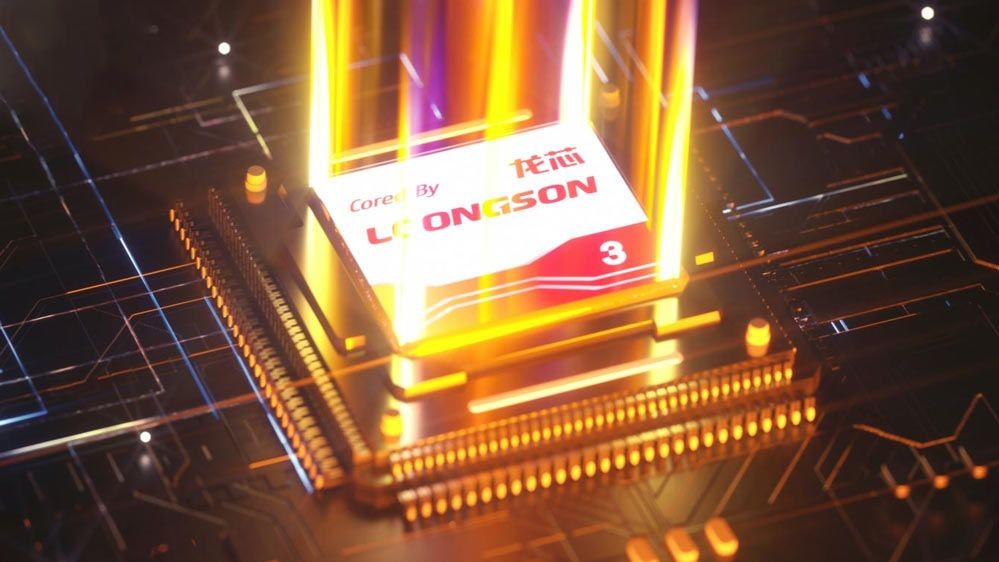
Loongson, a Chinese CPU manufacturer, is making waves in the semiconductor industry with its latest advancements. The company's new 7nm CPUs are reportedly outperforming Intel's Raptor Lake processors, marking a significant milestone in China's pursuit of technological independence.
Loongson's Innovative Strategy
Loongson has adopted a unique "tock-tock-tick" strategy to accelerate its innovation and close the gap with Western CPU manufacturers. This approach builds upon Intel's well-known tick-tock model but adds an extra optimization phase.
The strategy works as follows:
- First "tock": Major architectural changes
- Second "tock": Further architectural refinements
- "Tick": Transition to a smaller process node
This method allows Loongson's designers more time to improve their CPU designs before moving to a new manufacturing process.
The "Three Musketeers" and Beyond
Loongson's current generation of CPUs, nicknamed the "Three Musketeers," consists of the 3A6600, 3B6600, and 3C6600 models. These chips represent the second "tock" in the company's strategy and are already showing impressive performance.
The 3B6600, for instance, is said to perform on par with Intel's 12th and 13th generation CPUs, despite having a clock frequency of only 3 GHz. This chip features eight LA864 cores and is expected to be finalized in 2025.
Looking Ahead: The Fourth Generation
Loongson's fourth-generation CPUs are currently in development and are expected to compete directly with AMD's Zen 5 and Intel's Arrow Lake architectures. These new chips will reportedly be manufactured using a process node comparable to 7nm technology from Western manufacturers.
While specific models have not been announced, the potential for these chips to outperform current top-tier processors from Intel and AMD is generating excitement in the tech community.
Implications for the Global Semiconductor Industry
Loongson's rapid progress represents a shift in the global semiconductor landscape. As Chinese chipmakers continue to advance, they may soon challenge the dominance of established Western manufacturers, potentially reshaping the industry's competitive dynamics.
The success of Loongson's new CPUs could also bolster China's efforts to achieve technological self-sufficiency, reducing its reliance on foreign semiconductor technologies.
As Loongson continues to refine its designs and manufacturing processes, the global tech industry will be watching closely to see how these advancements impact the future of computing.